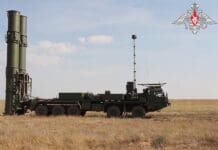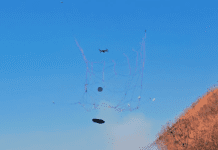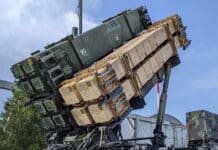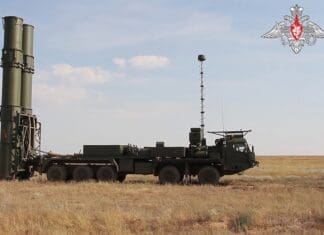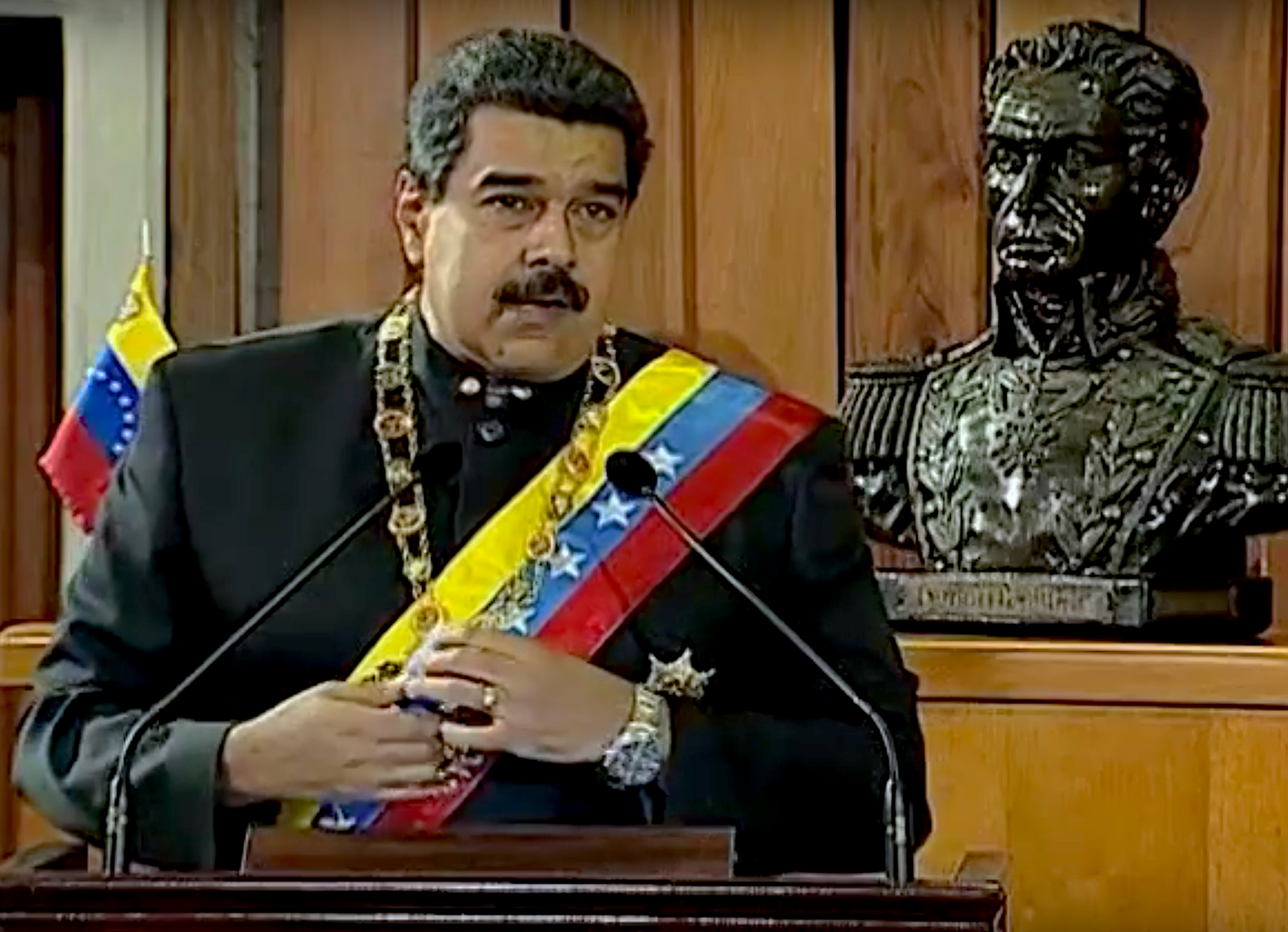This post is also available in:
 עברית (Hebrew)
עברית (Hebrew)
MightyFly secured a contract with the US Air Force to further research its Autonomous Load Mastering System (ALMS), a pivotal technology helping to make the logistics process completely independent.
MightyFly is a cargo delivery drone startup that aims to equip enterprises and governments with rapid, low-cost, carbon-neutral cargo transportation options. The company’s ALMS assists cargo airplanes in autonomously loading, unloading, and delivering goods, as well as addressing critical accelerated logistics concerns.
The loading mechanism is designed to fit MightyFly’s third-generation hybrid cargo drone. It utilizes a conveyor belt to independently gather cargo from the ground and store it in its cargo compartment, and upon reaching its delivery destinations, the drone securely deposits packages for retrieval without human intervention. This entirely automated solution optimizes and expedites the cargo handling process.
The firm claims that its products are perfect for the logistics, supply chain, manufacturing, healthcare, pharmaceutical, retail, automotive, and oil and gas businesses, as well as national and state parks and humanitarian and disaster relief organizations.
According to Interesting Engineering, the firm’s Cento (formerly known as the second-generation MF-100) is a hybrid-electric VTOL aircraft with a cargo capacity of 45 kilograms, a range of 965 kilometers, and a top speed of 240 kilometers per hour. The Cento weighs 161 kg when fully loaded, with eight electric vertical-lift fans, one forward propulsion propeller, and a high-wing carbon fiber structure. It measures 4 meters by 5 meters and takes up less space than two compact vehicles, implying that the ground transfer stations required in the field can take up two car park places in an existing parking lot.
MightyFly claims that it plans to complete production of its third generation MF100 aircraft later this year, publicly debut its autonomous cargo aircraft in 2024, and work with partners on Proof-of-Concept programs in late 2024 and throughout 2025.



